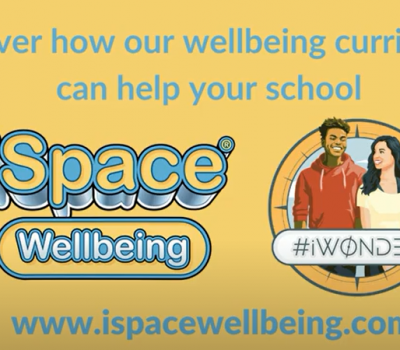


Over the past few decades, the internet has transformed several aspects of our daily lives. From how we communicate to how we shop and even work, the growth of the internet has changed so much. Education is no exception. With the rise of online education and e-learning, the internet complements traditional classroom-based learning with online tools and games. Sometimes modern technology even completely replaces specific teaching methods. This shift is not only making education more accessible to people worldwide but also changing how we learn, making it more engaging, personalised, and efficient.
One of the most significant impacts of online education and e-learning is the democratisation of knowledge it brings. The advent of high-speed internet has allowed people from all walks of life and around the globe to access high-quality educational content. Moreover, this content is often available either for free or at a low cost. As a result, online education has broken down many educational barriers, such as socioeconomic status, geographic location, and physical disabilities.
Online learning platforms like Coursera, edX, and Udacity offer a wide range of courses from renowned universities and institutions, making it possible for anyone with an internet connection to learn from the cream of the crop. In addition, massive Open Online Courses (MOOCs) have also gained immense popularity. These courses enable millions worldwide to participate and earn certifications to boost their careers and personal development.
If you want to get involved in online learning yourself, check out the best NBN plans for the most reliable, speedy connection.
Another significant advantage of online education and e-learning is the flexibility it offers. Unlike traditional classroom-based learning, which often requires students to follow a fixed schedule and attend classes in person, online learning allows learners to study at their own pace, whenever and wherever it is convenient.
This flexibility is particularly beneficial for adult learners with work and family commitments that make attending traditional classes challenging. Furthermore, online learning often incorporates self-paced modules, allowing students to progress through the material at a speed that suits their individual learning needs.
E-learning platforms also enable personalised learning experiences. For example, adaptive learning algorithms can assess a student’s performance and generate customised learning paths, focusing on areas where the student requires additional support or practice. This targeted approach can increase the learning process’s efficiency and effectiveness, resulting in better learning outcomes.
Online education and e-learning have also led to a significant shift in teaching methods. Traditional teaching methods often rely on lectures and passive learning. Educators are now replacing these methods with more interactive, student-centred approaches that fully leverage the power of technology.
Digital tools and resources like multimedia presentations, simulations, and virtual labs allow for a more immersive and engaging learning experience. Nowadays, students can explore complex concepts through interactive visualisations, experiment in virtual environments, and collaborate with their peers in real time, regardless of their geographic location.
Moreover, online learning platforms often incorporate gamification elements. This means using game design principles to make learning more enjoyable and motivating. By integrating rewards, competition, and feedback into the learning process, these platforms can increase student engagement and promote the development of a growth mindset.
As the world becomes increasingly interconnected and technology advances at an unprecedented rate, we cannot overstate the importance of lifelong learning. But many people can’t dedicate the time needed to attend full-time school classes. This is why online education and e-learning have played such a crucial role in promoting the culture of continuous learning. Online education enables individuals to access and update their knowledge and skills quickly.
Professional development platforms like LinkedIn Learning and Skillshare offer comprehensive courses and tutorials across various industries and disciplines. These resources empower individuals to stay competitive in the job market and adapt to the ever-evolving demands of the modern workplace.
Despite the many benefits of online education and e-learning, we still have many challenges to address. For example, issues related to digital equity, such as the digital divide and lack of reliable internet access in certain regions, can limit the reach of online learning. Additionally, concerns about the quality of online education, student engagement, and the effectiveness of assessment methods are ongoing topics of debate.
As technology advances and online education becomes even more deeply integrated into our lives, educators, policymakers, and technologists must collaborate and address these challenges. By doing so, we can realise the full potential of online education and e-learning, further revolutionising how we learn and equipping future generations with the skills and knowledge they need to thrive in an increasingly complex world.